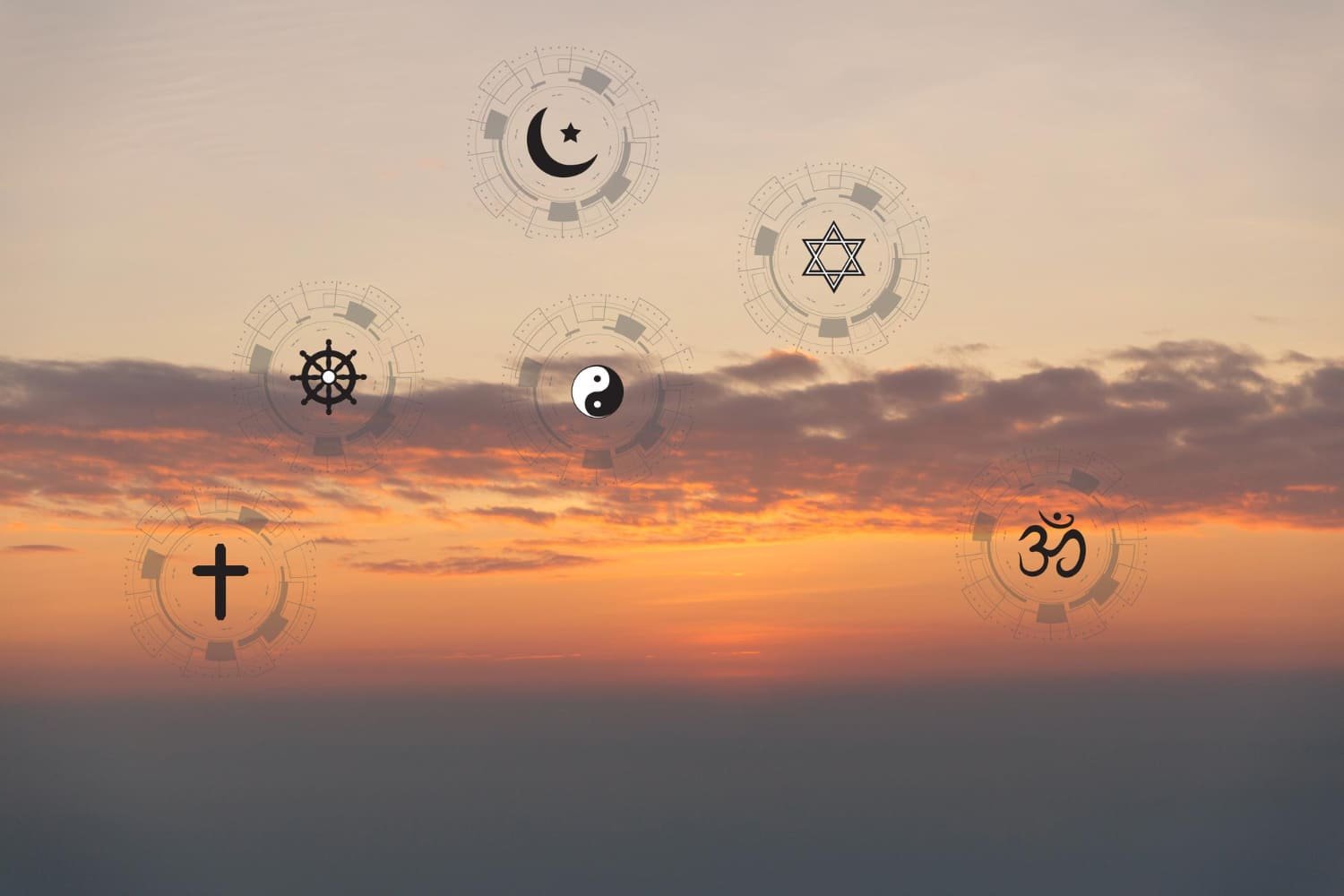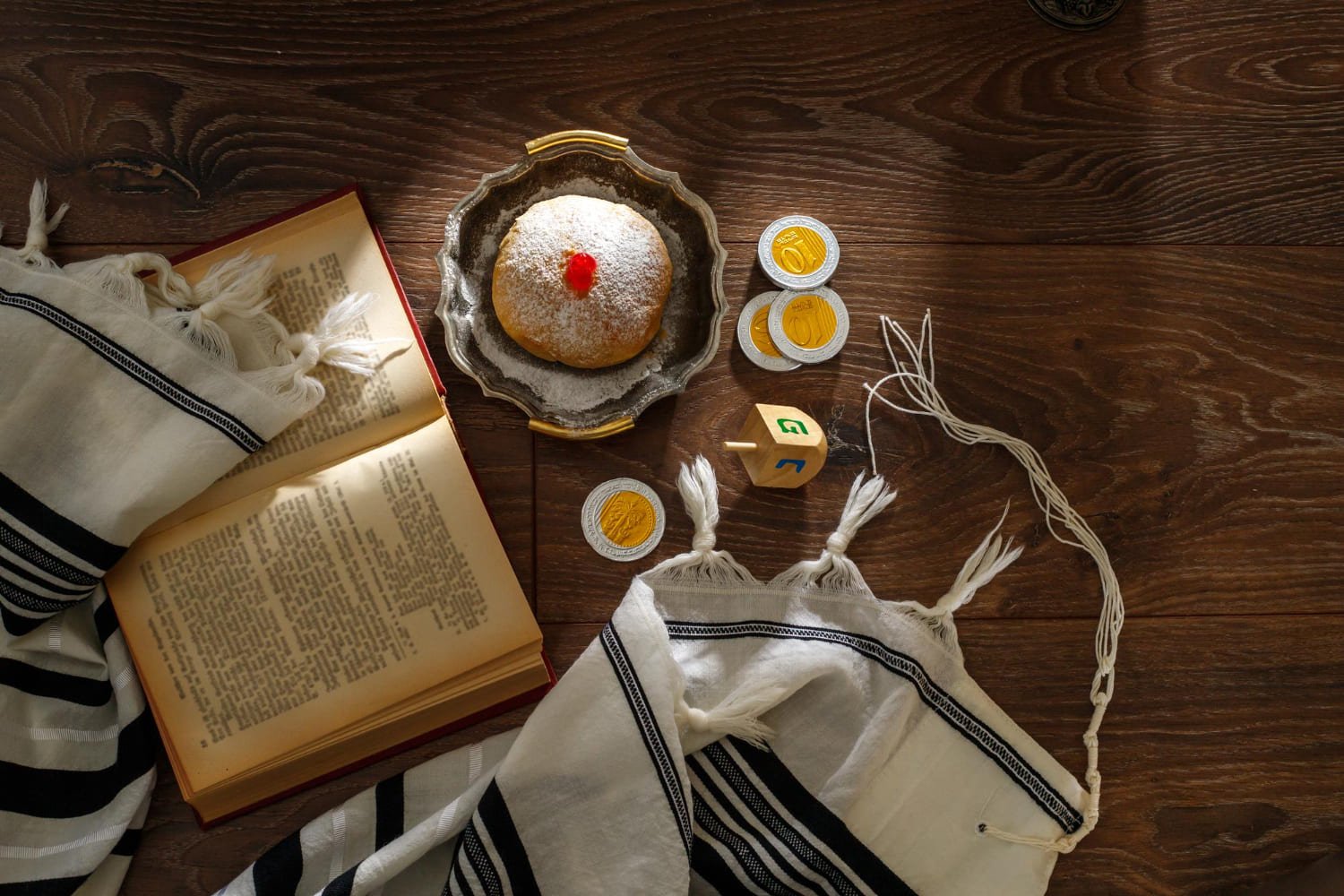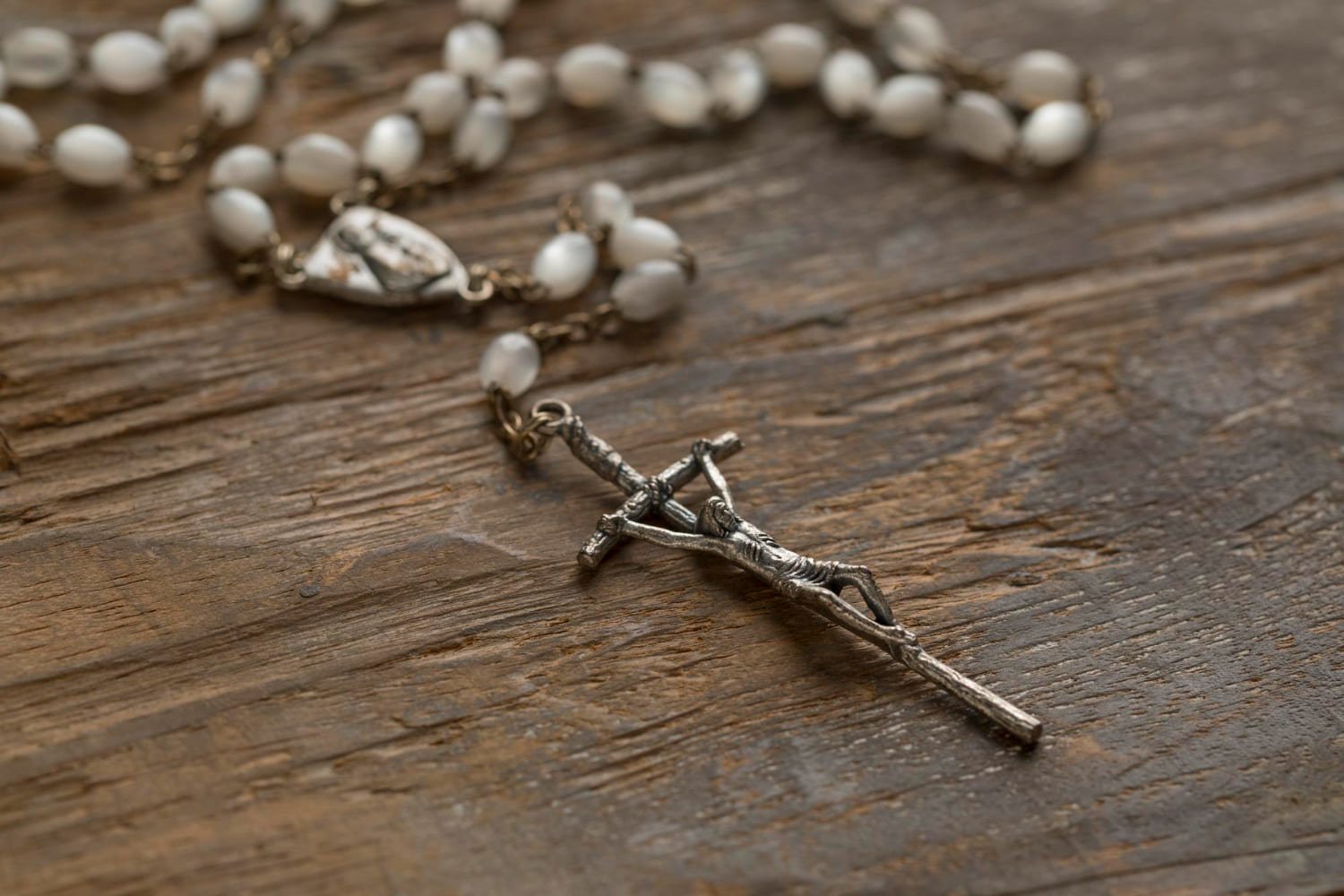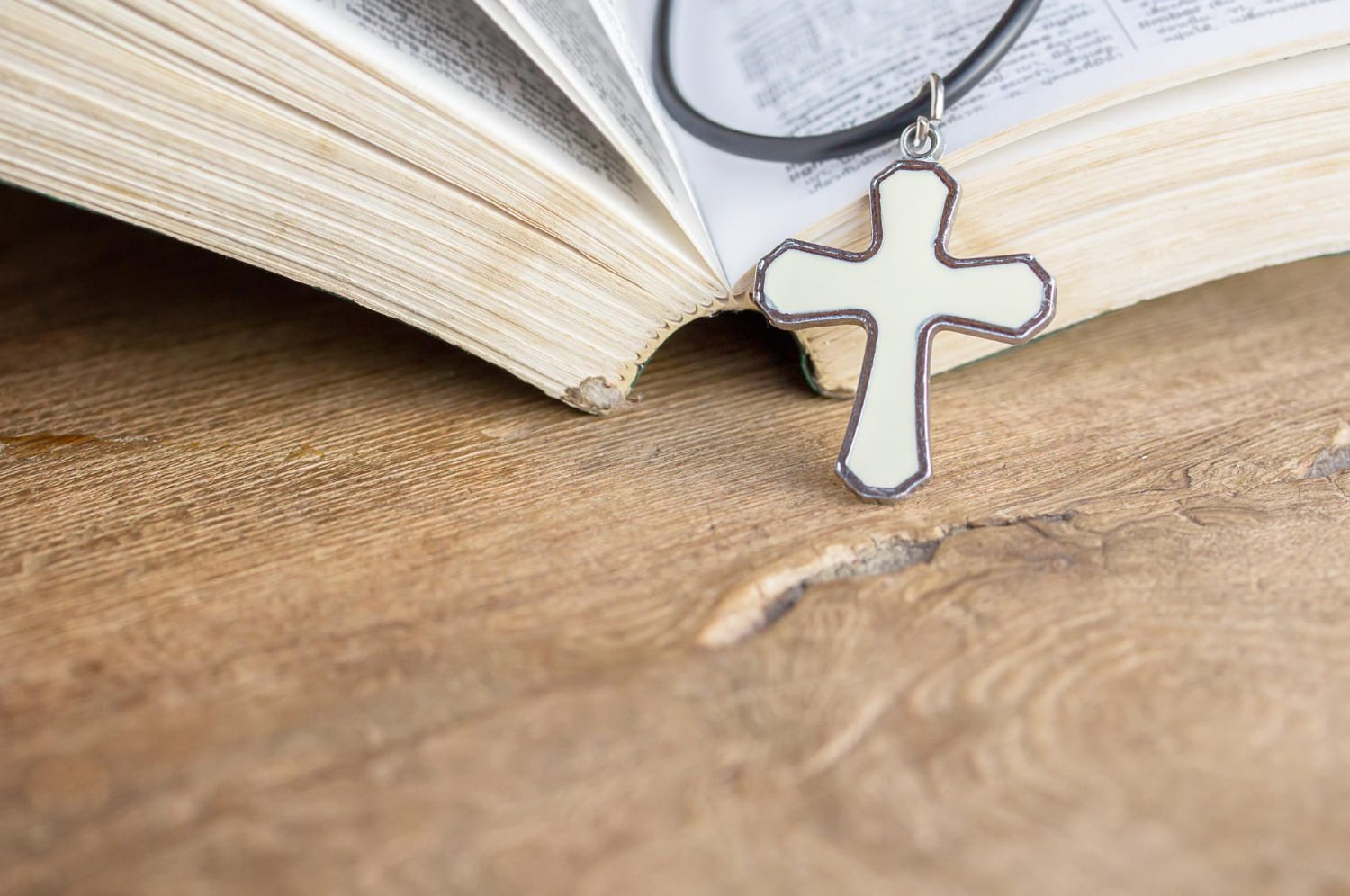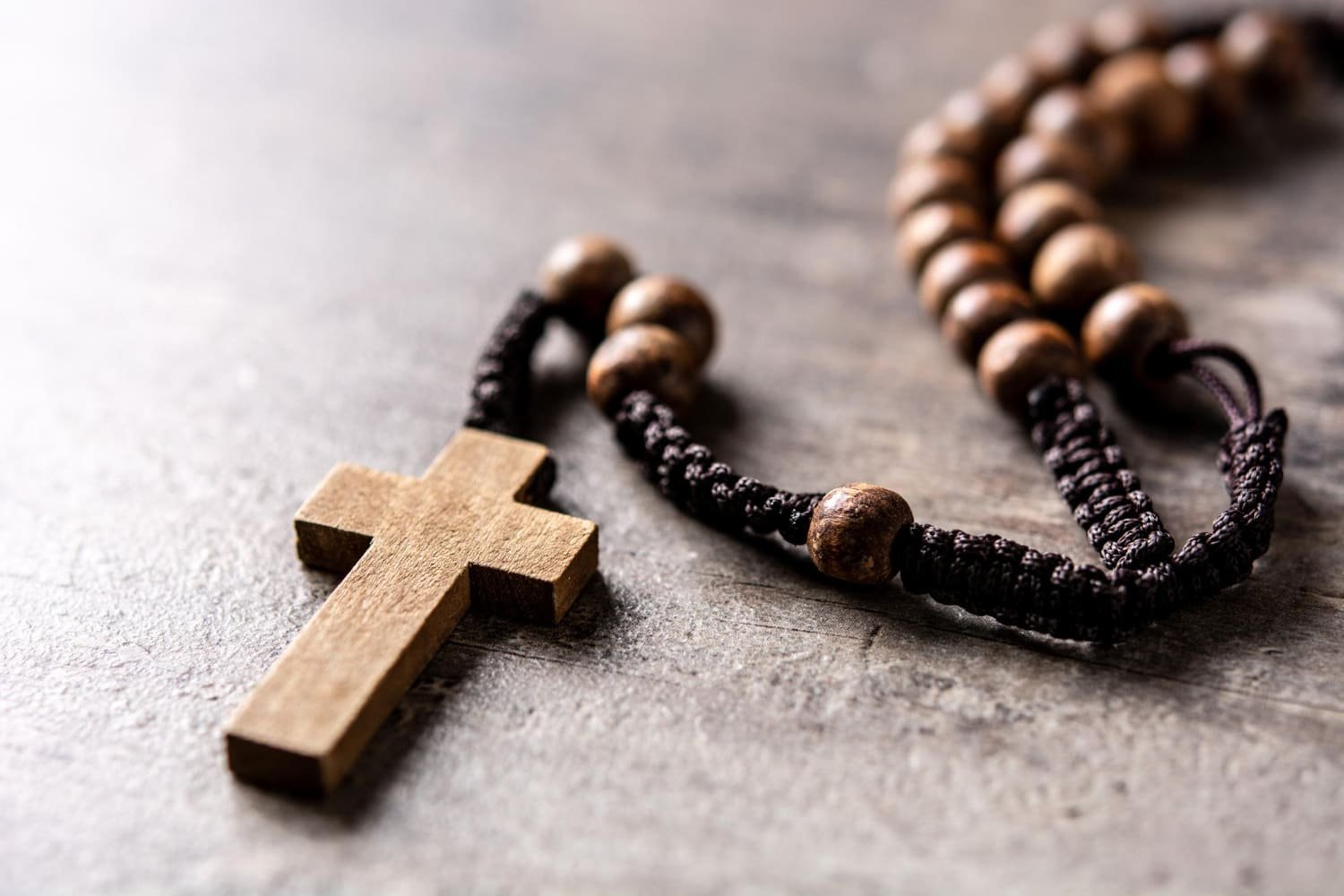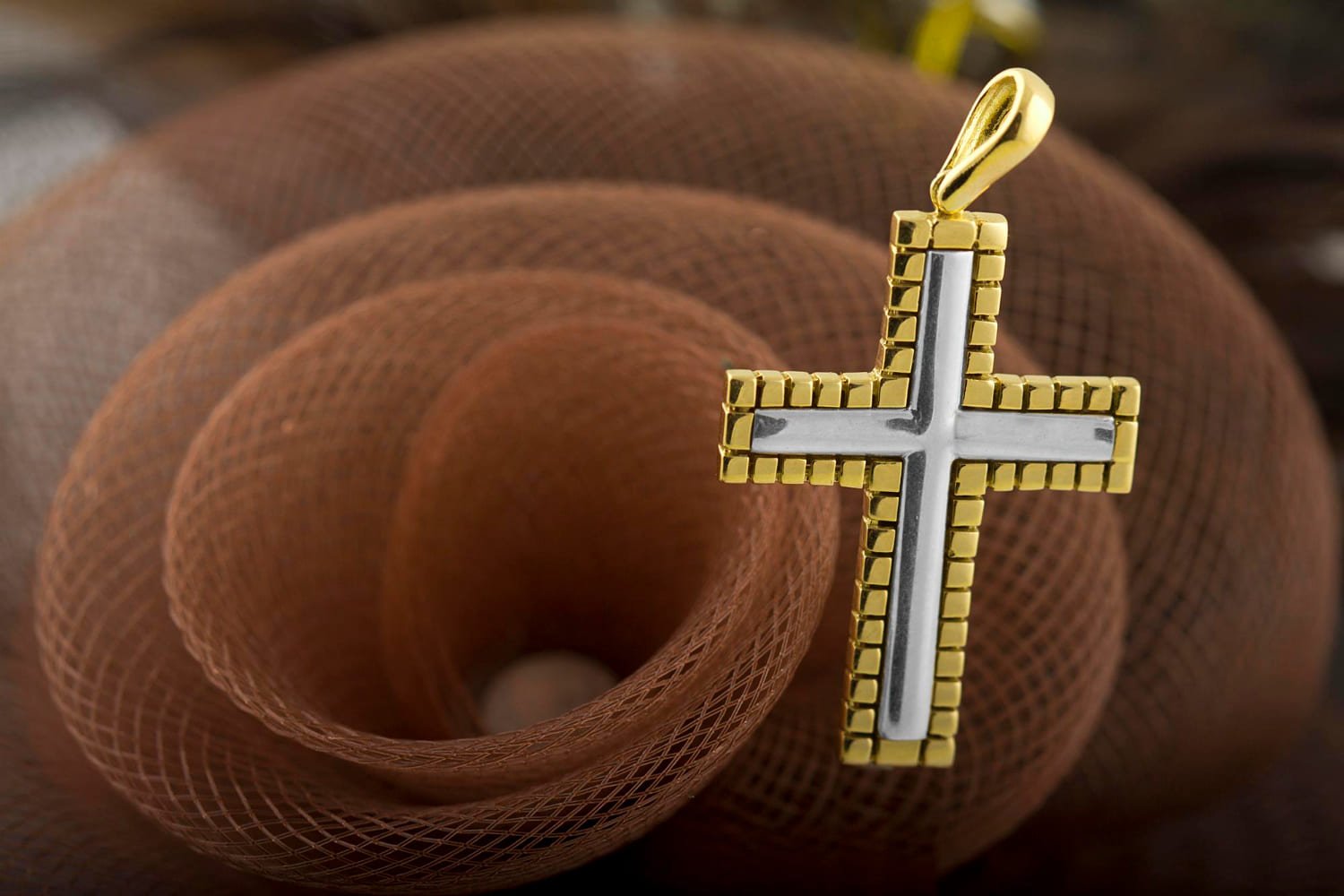When it comes to religion, there are many different denominations and sects that can make it difficult to know where to start. Two popular Christian denominations are Catholicism and Methodism, but what exactly are the differences between the two?
This article will explore the key differences between Catholicism and Methodism, and discuss which one may be better suited for certain individuals.
Catholicism is one of the oldest and most traditional Christian denominations, with a rich history and deep-rooted traditions. It is led by the Pope, who is considered the spiritual leader of the Catholic Church.
Methodism, on the other hand, is a relatively newer denomination that was founded in the 18th century by John Wesley. It places a strong emphasis on personal faith and the importance of good works in addition to faith.
One of the main differences between Catholicism and Methodism is their beliefs about the Bible.
Catholicism places equal weight on both scripture and tradition, while Methodism believes that the Bible is the sole authority for Christian faith and practice.
Additionally, Catholicism has a hierarchical structure with a Pope and bishops, while Methodism is more decentralized and led by individual congregations and pastors. These differences and others will be explored in more detail throughout this article.
Beliefs and Doctrines
Catholicism and Methodism are two of the largest Christian denominations in the world, and they have some significant differences in their beliefs and doctrines. One of the most significant differences between the two is their view on the role of the Bible and tradition in Christian life.
Catholics believe that the Bible is an essential part of Christian life, but they also believe that the teachings of the Church and its traditions are equally important. They believe that the Pope is the head of the Church and that he has the authority to interpret the Bible and make decisions about Church doctrine.
Catholics also believe in the seven sacraments, including baptism, confirmation, Eucharist, reconciliation, matrimony, holy orders, and anointing of the sick.
On the other hand, Methodists believe that the Bible is the sole authority on Christian life and doctrine. They believe that the Bible is the inspired word of God and that it contains all the necessary teachings for salvation. Methodists also believe in two sacraments, baptism, and communion, which they call the Lord’s Supper.
Another significant difference between Catholics and Methodists is their view on salvation. Catholics believe that salvation is a lifelong process that involves faith, good works, and the sacraments. They believe that faith alone is not enough for salvation and that good works are necessary to achieve salvation.
Methodists, on the other hand, believe in the concept of “justification by faith alone.” They believe that salvation is a free gift from God, and that it can be received through faith alone.
Despite these differences, there are also some similarities between Catholicism and Methodism. Both denominations believe in the Holy Trinity, the divinity of Jesus Christ, and the importance of prayer and worship.
They also both have a strong tradition of social justice and outreach to the poor and marginalized.
Worship Practices
Both Catholic and Methodist churches have their own unique practices when it comes to worship. Catholic worship typically involves more traditional elements, such as the use of incense, statues, and other visual representations of the faith.
The Mass is the central act of worship in the Catholic Church, and it involves a highly structured liturgy that includes prayers, hymns, and readings from the Bible.
Methodist worship, on the other hand, tends to be more informal and less structured. While they also have a liturgy, it is not as rigidly defined as the Catholic Mass.
Methodist services often include contemporary music, and the congregation may be encouraged to participate more actively in the service through singing, prayer, and other forms of worship.
Another key difference between Catholic and Methodist worship is their approach to the Eucharist, or Communion. In the Catholic Church, Communion is seen as a sacrament that involves the actual transformation of the bread and wine into the body and blood of Christ.
Methodists, on the other hand, view Communion as a symbolic act that represents the sacrifice of Christ on the cross.
Overall, both Catholic and Methodist worship practices reflect their respective theological beliefs and traditions. While some may prefer the more formal and traditional elements of Catholic worship, others may find the more relaxed and participatory nature of Methodist worship to be more appealing.
Sacraments and Rituals
One of the main differences between Catholicism and Methodism is the number of sacraments recognized by each denomination.
Catholicism recognizes seven sacraments: baptism, confirmation, Eucharist, reconciliation, matrimony, holy orders, and anointing of the sick. Methodism, on the other hand, recognizes only two sacraments: baptism and communion.
Both denominations place a significant emphasis on baptism. In Catholicism, baptism is seen as the sacrament of initiation into the Church, and it is believed to remove original sin and make the individual a member of the Church.
Methodists also believe in the importance of baptism, but they see it as a symbolic act of commitment to Christ rather than a means of salvation.
Another significant difference between the two denominations is their approach to the Eucharist. In Catholicism, the Eucharist is considered the body and blood of Christ, and it is believed to be the actual presence of Christ in the bread and wine.
Methodists, on the other hand, view the Eucharist as a symbolic representation of Christ’s sacrifice on the cross.
While both denominations recognize the importance of ritual in worship, Catholicism places a greater emphasis on ritual and tradition. Catholic worship is characterized by elaborate rituals, including the use of incense, candles, and vestments.
Methodists, on the other hand, place less emphasis on ritual and tradition and focus more on the individual’s personal relationship with God.
Organizational Structure
There are significant differences in the organizational structure of the Catholic Church and the Methodist Church.
The Catholic Church is hierarchical, with the Pope as the supreme authority. The Pope is assisted by bishops and cardinals, who oversee different regions and dioceses. Priests are responsible for individual parishes and report to their bishops.
The Catholic Church also has various religious orders, such as the Jesuits and Franciscans, who operate independently but still adhere to the teachings of the Church.
On the other hand, the Methodist Church is more decentralized. It is governed by a system of conferences, with the General Conference being the highest authority. The General Conference meets every four years and is made up of delegates from all over the world.
The United Methodist Church, for example, has multiple regions in the United States, each with its own bishop and governing body. The Methodist Church also has various agencies and boards that oversee different aspects of the Church’s work.
While the Catholic Church has a more centralized structure, the Methodist Church allows for more local autonomy and decision-making.
This can be an advantage in terms of adapting to local needs and circumstances, but it can also lead to more fragmentation and less consistency across the Church as a whole.
Comparison of Catholic and Methodist Churches
Catholic and Methodist churches are two of the most popular Christian denominations in the world. Despite having some similarities, they differ in several aspects.
Here is a comparison of Catholic and Methodist churches:
- Beliefs: The primary difference between Catholic and Methodist churches is their beliefs. Catholics believe in the authority of the Pope and the traditions of the Church, while Methodists believe in the authority of the Bible and personal interpretation of Scripture. Catholics also believe in the sacraments, including baptism, confirmation, confession, Eucharist, anointing of the sick, holy orders, and marriage, while Methodists only recognize baptism and the Eucharist as sacraments.
- Worship: Catholic and Methodist churches have different styles of worship. Catholic churches tend to have more formal and structured liturgies, including the use of incense, bells, and traditional hymns. Methodist churches, on the other hand, tend to have more informal and contemporary worship styles, including the use of guitars, drums, and modern worship songs.
- Leadership: Another difference between Catholic and Methodist churches is their leadership structure. Catholic churches are led by priests, bishops, and the Pope, while Methodist churches are led by pastors and lay leaders. Catholic priests are ordained and trained in seminaries, while Methodist pastors are also ordained but may not necessarily have formal seminary training.
- Size: Catholicism is the largest Christian denomination in the world, with over 1 billion members. Methodism, on the other hand, is a smaller denomination with around 80 million members worldwide.
- Social Issues: Catholic and Methodist churches have different stances on social issues. Catholicism is generally more conservative on issues such as abortion, contraception, and homosexuality, while Methodism tends to be more liberal and accepting of diverse viewpoints.
Overall, both Catholic and Methodist churches have their own unique strengths and weaknesses. Which one is better depends on individual beliefs, preferences, and values.
Which One Is Better?
It is not appropriate to say which one is better between Catholic and Methodist. Both religions have their strengths and weaknesses. It is a matter of personal preference and beliefs.
Catholicism has a rich history and tradition, with a hierarchical structure and a strong emphasis on sacraments and rituals. The Catholic Church has a centralized authority under the Pope, and its teachings are based on both scripture and tradition.
Catholics believe in the importance of good works, and they have a strong commitment to social justice and charity.
On the other hand, Methodism is a more decentralized religion, with a focus on personal faith and individual responsibility.
Methodists believe that salvation comes through faith in Jesus Christ, and they emphasize the importance of personal spiritual growth and evangelism. Methodists are known for their strong commitment to social justice and community service.
Ultimately, the choice between Catholicism and Methodism depends on individual beliefs and preferences. Some people may prefer the rich history and tradition of Catholicism, while others may appreciate the emphasis on personal faith and individual responsibility in Methodism.
It is important to explore both religions and make an informed decision based on personal beliefs and values.

